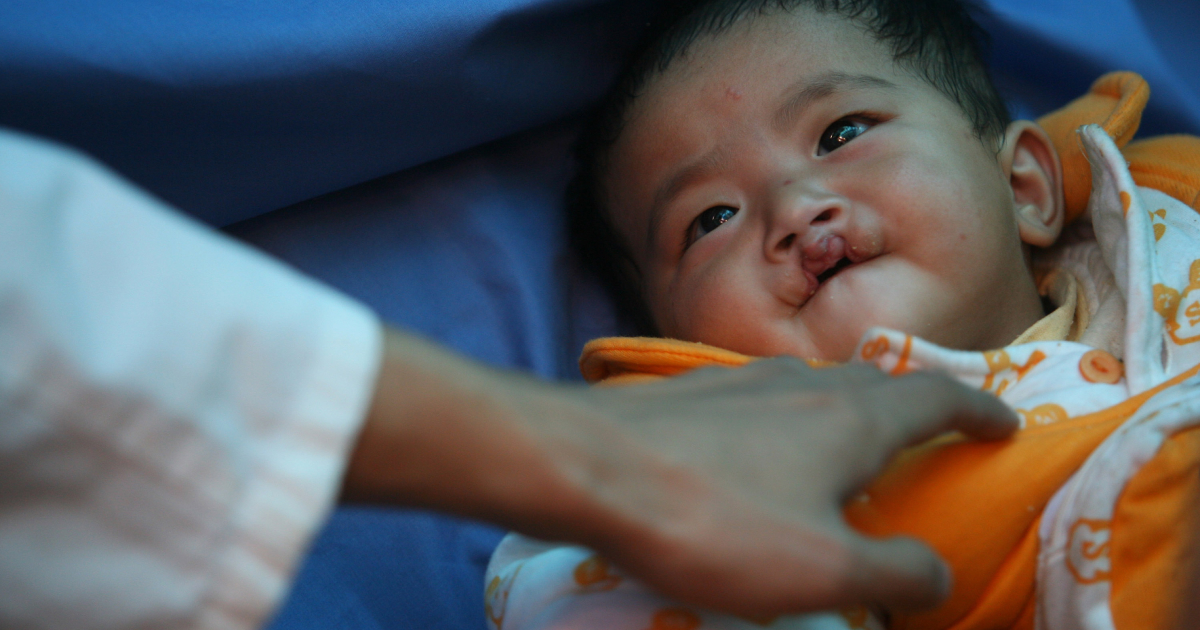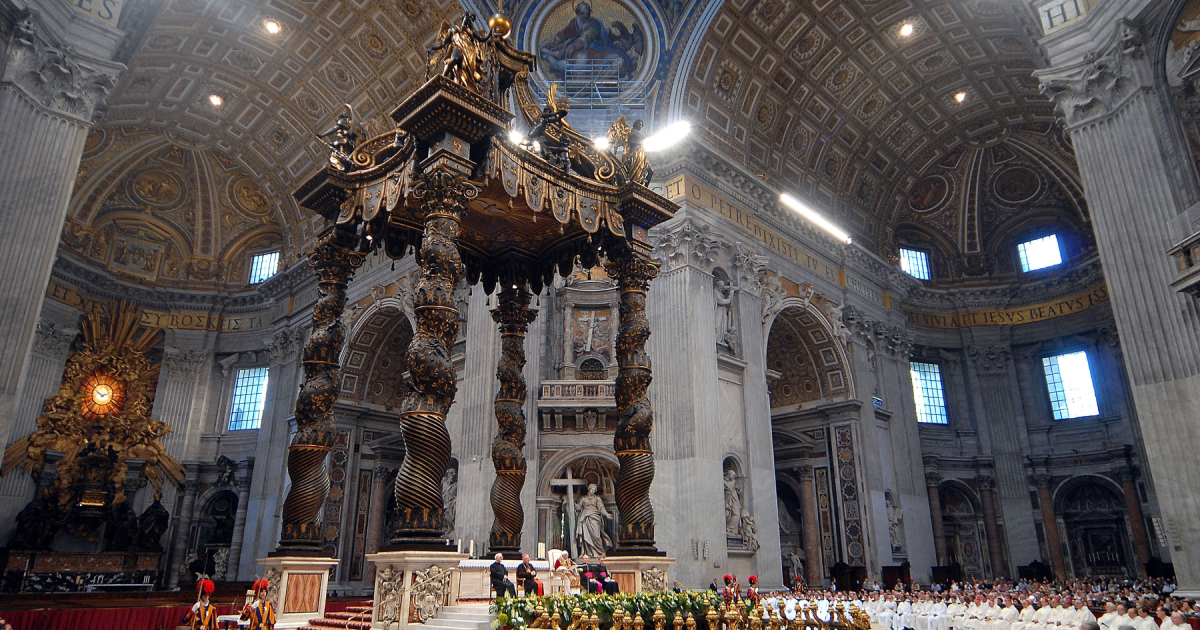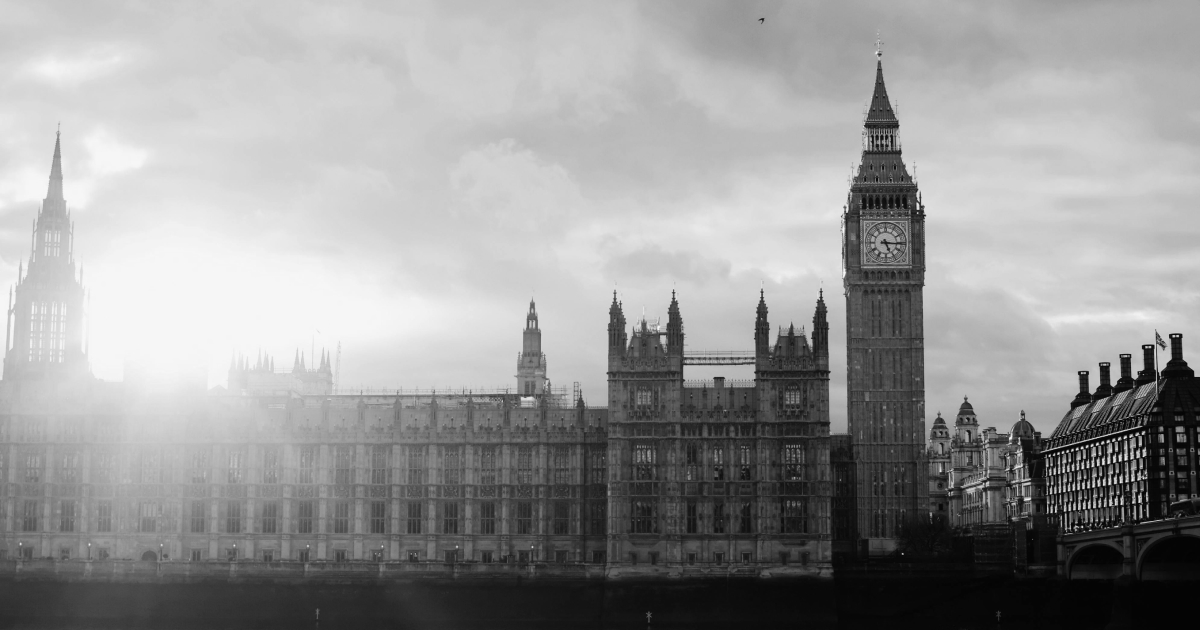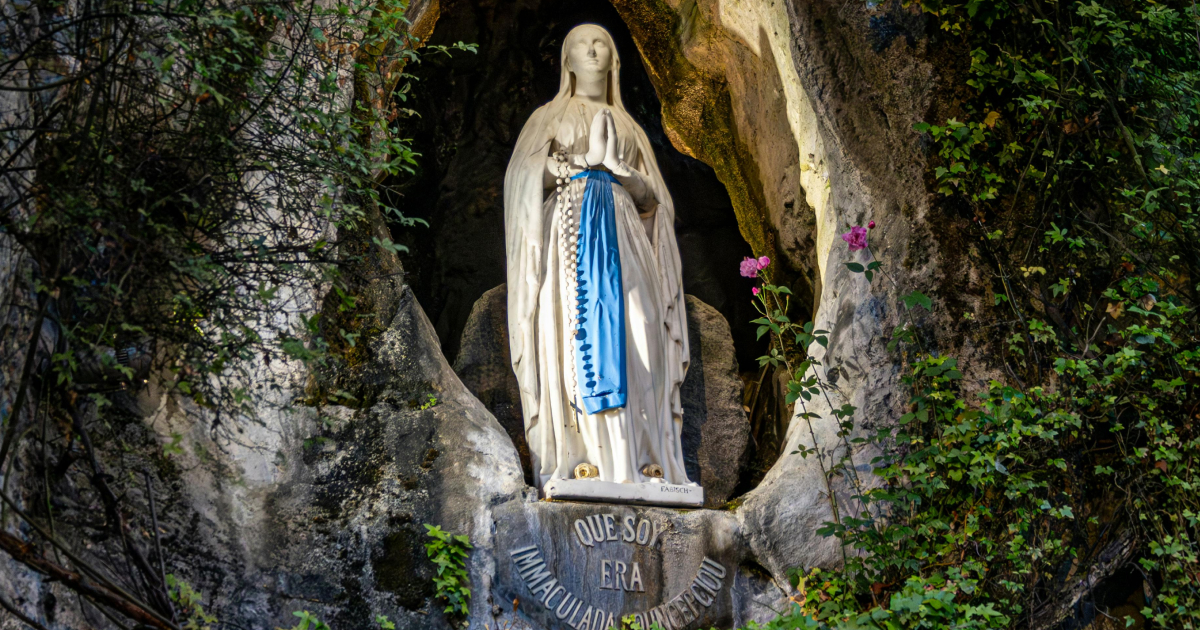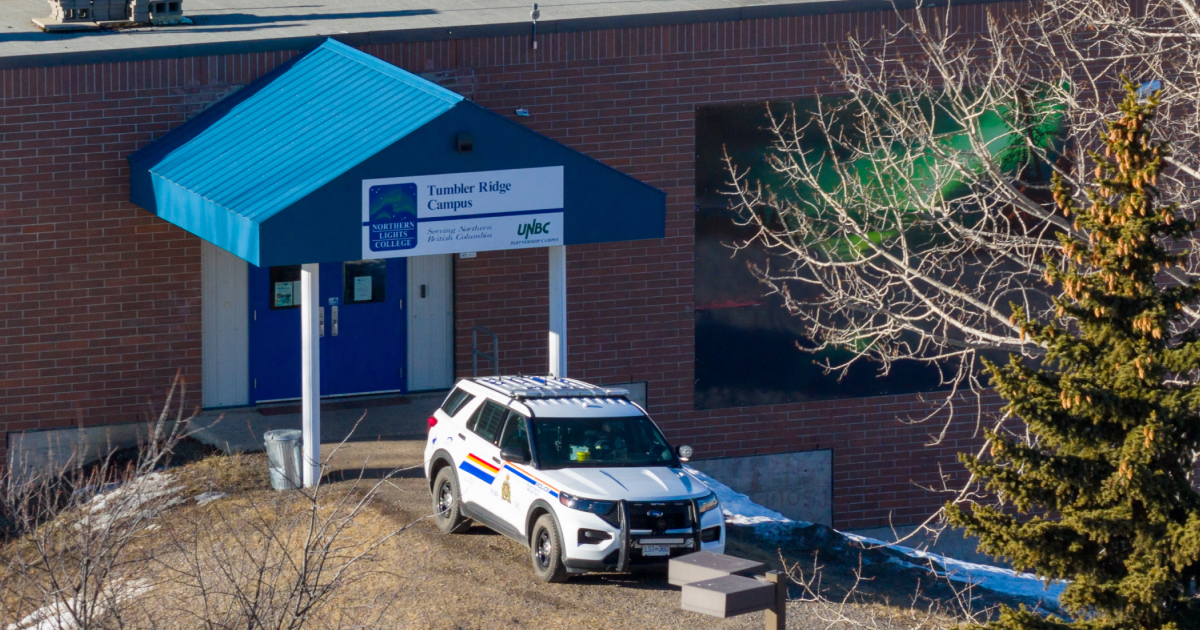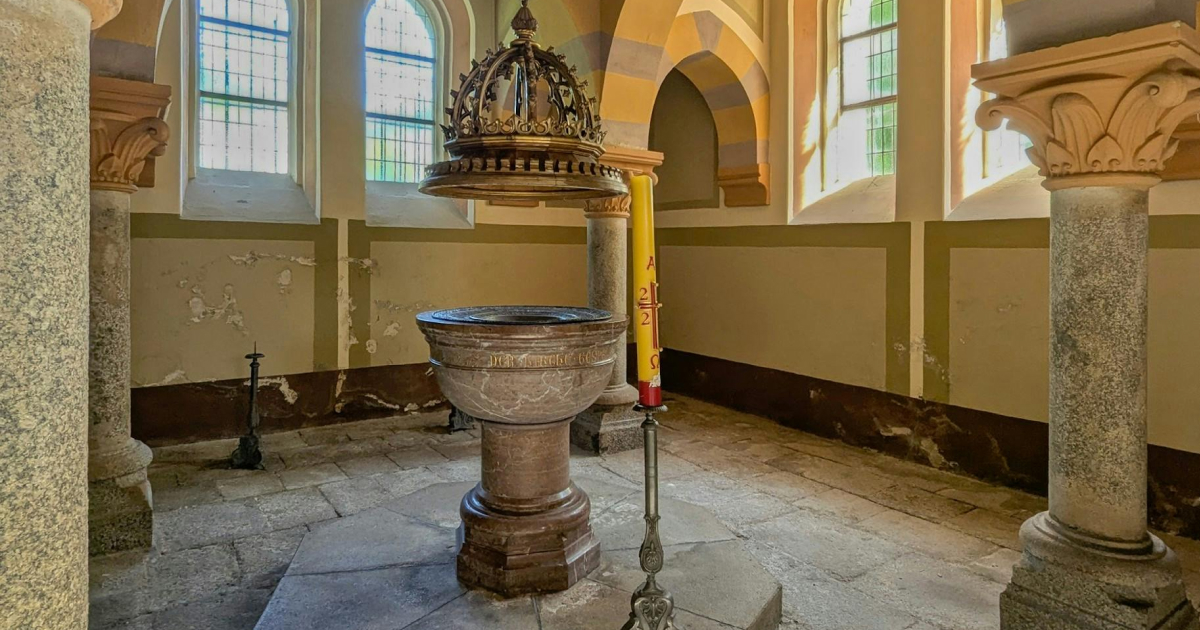Representatives of the German Bishops’ Conference met with senior officials from the Roman Curia in Rome this week as part of a continued round of talks over the creation of a national synodal body for the Church in Germany.
According to a joint communiqué, the meeting focused on a proposed statute for the so-called “Synodal Conference” in Germany, exploring “various points of the future statute of a synodal body … such as its nature, composition and competences”.
This is the latest in a series of encounters between the German Church and the Vatican, with previous sessions held in July 2023, March 2024 and June 2024.
The Vatican press office described the meeting as “characterised by a sincere, open and constructive atmosphere”.
The delegation from Germany was led by Bishop Georg Bätzing, president of the German Bishops’ Conference, and included Bishops Stephan Ackermann, Bertram Meier and Franz‑Josef Overbeck. Bishop Stefan Oster, Bishop of Passau, was invited to the talks in Rome, despite his known critical stance towards the German bishops’ synodal way.
On the Curia side, there were senior figures from the Holy See including Cardinal Pietro Parolin (Secretary of State), Cardinal Victor Fernández (Prefect of the Dicastery for the Doctrine of the Faith), Archbishop Filippo Iannone (Prefect of the Dicastery for Bishops), Cardinal Arthur Roche (Prefect of the Dicastery for Divine Worship) and Cardinal Kurt Koch (Prefect of the Dicastery for Christian Unity).
Observers note that the German bishops’ plan comes out of their earlier “Synodal Way” initiative (2019-23), which envisaged a lay-involved structure to shape decision-making in the German Church.
Rome’s concerns have centred on whether such a body might undermine the theological and canonical role of the episcopate. In effect, the German proposal is advancing at a pace which has compelled repeated dialogue with the Vatican.
Neither side disclosed detailed outcomes of the meeting, so it remains unclear whether agreement has been reached on either the timing or final form of the German "Synodal Conference".
Relations between the German bishops and the Holy See have become strained due to the Synodal Way. The German initiative sought to address questions around governance, sexuality and Church authority. For the Vatican, though, such measures risked creating structures that could supersede or weaken the authority of a diocesan bishop.
The Holy See’s position has consistently pointed back to the Church’s universal governance as articulated by the Second Vatican Council, which affirms the primacy of the episcopal college under the Pope. On this basis, Vatican officials have repeatedly insisted that synodality cannot develop in ways that contradict established doctrine or canonical order.
As the German bishops continue work on the statute for the proposed "Synodal Conference", attention will focus on whether the final text reflects those limits highlighted by the Vatican.
The intensity of the debate is reflected in the public remarks of figures such as Bishop Georg Bätzing, who has sparked controversy for statements such as saying that “sex outside of marriage is not a sin” and that same-sex relationships are “OK if it’s done in fidelity and responsibility”.
Photo: Chairman of the German Bishops' Conference Georg Baetzing (left) and Archbishop and Apostolic Nuncio to Germany Nikola Eterovic look on as the German President signs a condolence book, following Pope Francis's death, at the Apostolic Nunciature in Berlin, Germany, 25 April 2025 (Photo by TOBIAS SCHWARZ/AFP via Getty Images)





.jpg)


